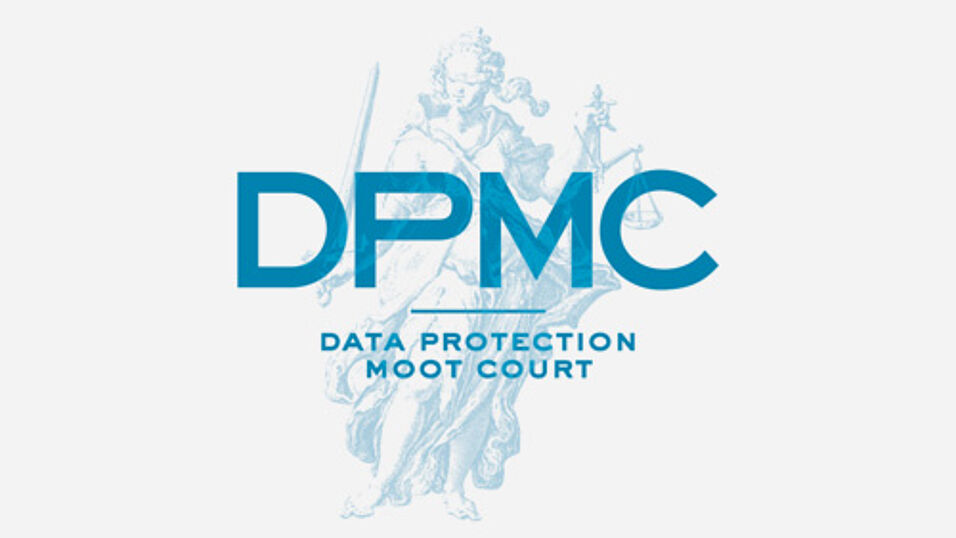The Data Protection Moot Court is an online international competition for law students and recent graduates, in cooperation with the University of Vienna. Participants have the possibility to apply legal reasoning working in a team as representatives of a data subject or data controller in a practical case.
The DPMC is organized by individual data protection lawyers (directors) in cooperation with the University of Vienna. Furthermore, the DPMC is supported by stakeholders engaged in data protection law.
Data Protection Moot Court 2024
15.09.2024

